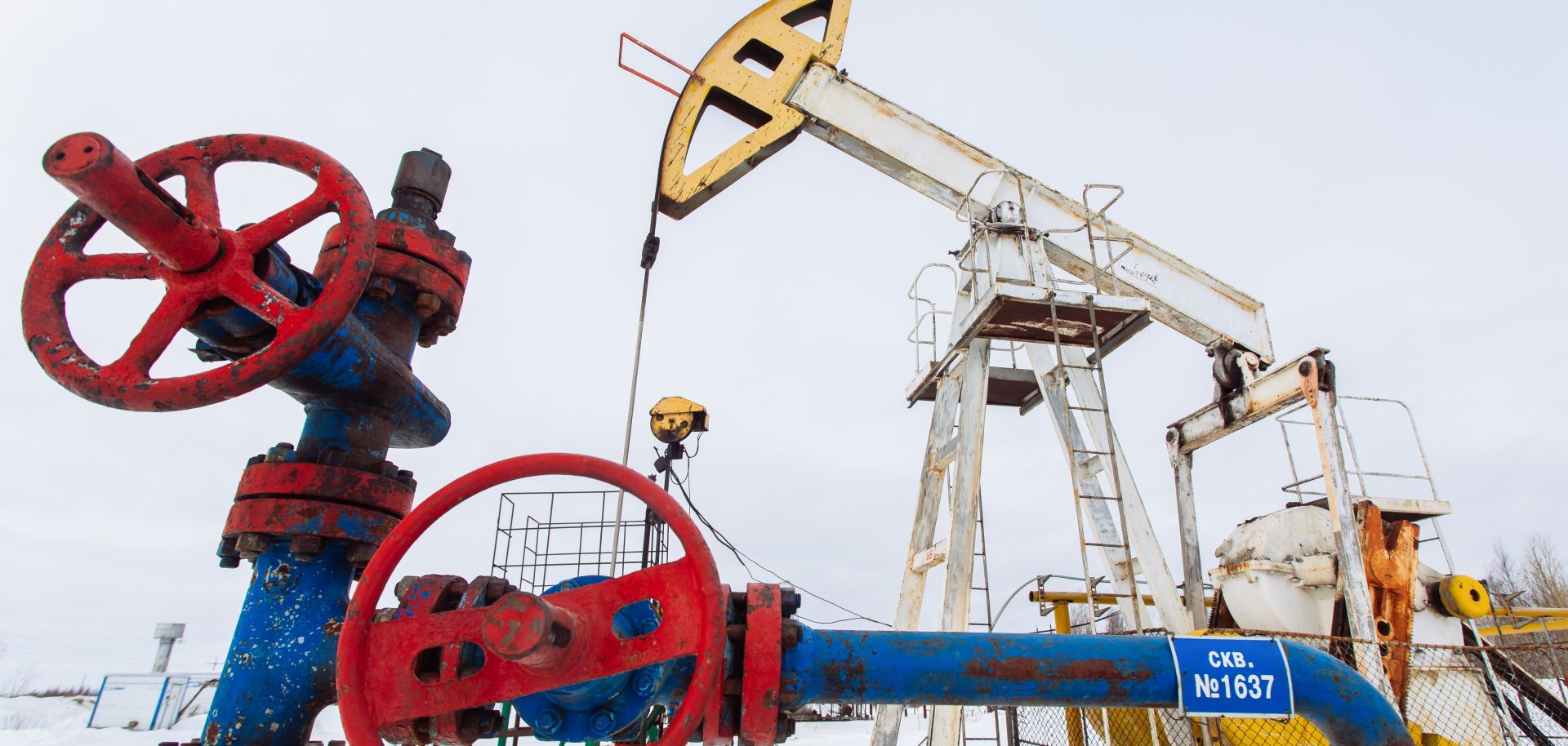ASSESSMENTS
The Golden Age of Russian Oil Nears an End
Apr 16, 2020 | 10:00 GMT

A pumpjack outside the Russian city of Surgut. The Russian economy has long relied on revenue garnered from its conventional oil fields.
(Alexei Andronov\TASS via Getty Images)
Highlights
- In the next 10-20 years, Russian oil will become more expensive as extraction from less accessible basins becomes necessary to maintain current export levels.
- Internal inefficiencies within Russia's oil sector, as well as the remote locations of remaining reserves and potential shifts in future oil demand, add up to a murky future for the country's energy-reliant economy.
- Moscow may adjust its budget to ensure plummeting oil prices don't cut into its government spending, but proper economic diversification away from energy remains a complex and unlikely process.
Subscribe Now
SubscribeAlready have an account?
